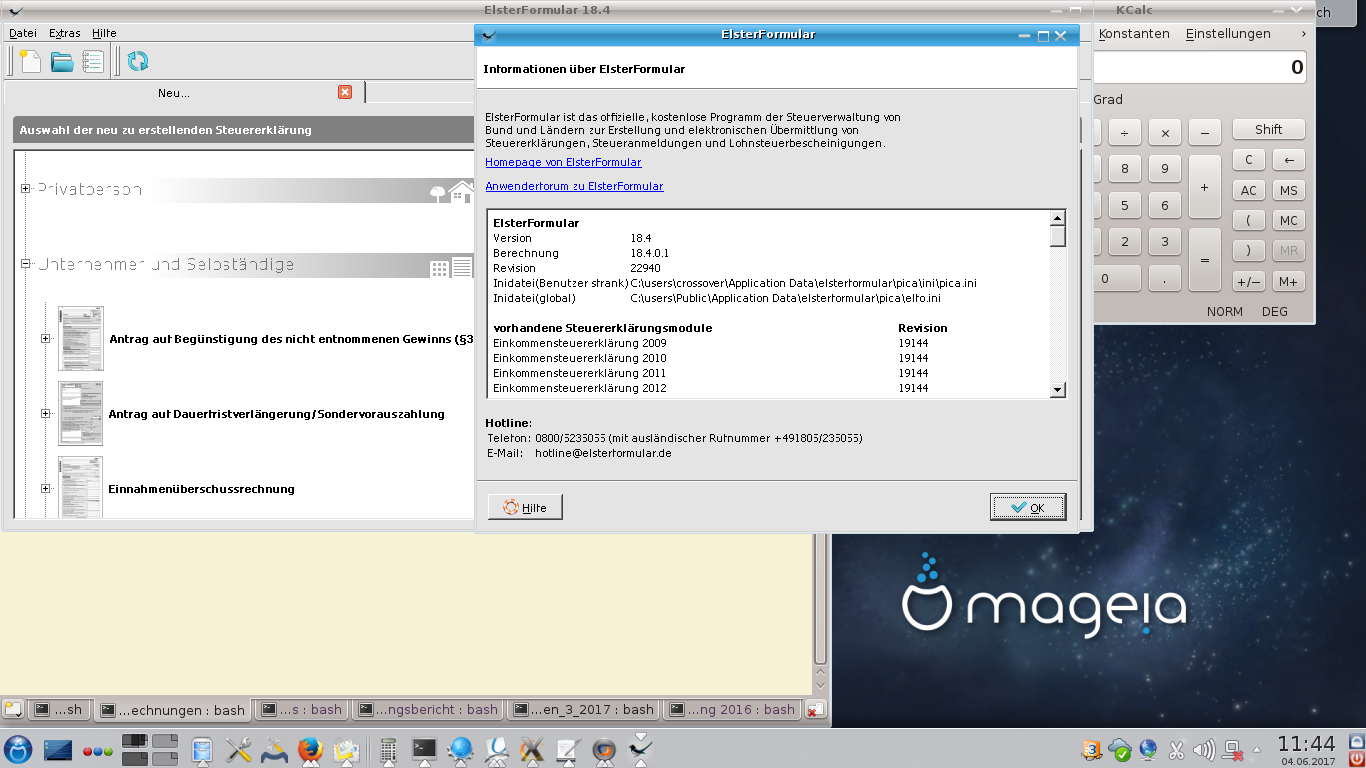

While not a study of online deliberation, Murdova’s work nonetheless contributes to the growing literature about online deliberation by offering theoretically sound empirical measures to evaluate effective deliberation. Muradova’s ( 2021) analysis of the Irish Citizen’s Assembly contributes just such a case study, arguing that deliberation can effectively lead participants to take other perspectives and result in reflective political reasoning. They show that ‘online public feedback significantly affected the probability of constitutional changes’ and that, when constitution drafters agree on the design of the constitution, ‘popular preferences would be reflected in the constitution’ when ‘citizens agree on the most salient issues.’ While Maboudi and Nadi’s findings are persuasive, they point to the potential that Egypt’s experience may not be reflective of other nations, suggesting a need for further case studies. Maboudi and Nadi ( 2016) provide an important empirical analysis of online deliberation, arguing convincingly that online deliberation matters for policy outcomes. The online setting is important because, as Albrecht argues, ‘of the three major political practices-information provision, deliberation, and voting-deliberation can be seen as the most challenging issue in analyzing the Internet’s impact on politics’ (2006: 63). We address theoretical and empirical questions about deliberation by first identifying the parameters of normative deliberation and then empirically applying this model to an existing, online case. In the following paper, we empirically investigate online discussion to identify the presence or absence of exchange, a fundamental element of effective deliberation, where effectiveness is the capacity to deliver informed judgment with an eye to the common good.

There is reason to believe that deliberative proceedings which meet a set of conditions have a much higher chance of resulting in a desirable outcome that is essentially connected to the common good.

It is thus possible to theoretically differentiate between a process that is deliberative, a process that is deliberative and decisive (results in a solution to a problem), and a deliberative process that is deliberative, decisive, and just. Ideally, informed viewpoints should be exchanged with an eye to the public good, in the vein of what Tocqueville called ‘self-interest rightly understood.’ But not every exchange is deliberative, nor does every deliberative exchange have a clear outcome, let alone a just outcome. On the other hand, the public nature of civil society outcomes requires a set of preconditions that would theoretically feed into, if not directly result in a just and equitable policy outcome. An exchange of ideas is thus fundamental to the dialectic of interest formation and mobilization. In participatory democracy, a strong civil society affords an array of guiding voices and policy options for the state and empowers shared interests ( Fishkin 2018). As Tocqueville notes, civil society is a central feature of democratic life ( Tocqueville 1964) because it provides citizens a way to filter and refine their ideas, as well as mobilize others for the purpose of influencing political outcomes. Civil society is fundamentally based on the interchange of ideas and the willingness to consult and cooperate.


 0 kommentar(er)
0 kommentar(er)
